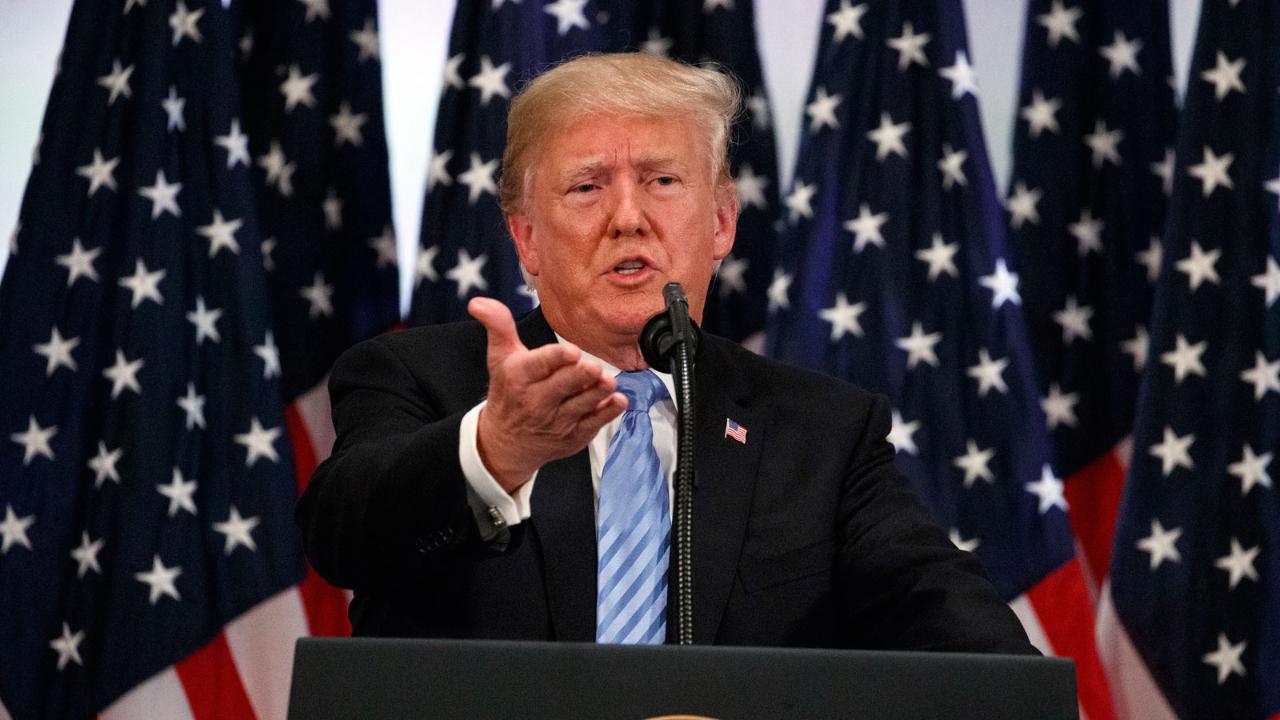Shutdown threatens US credit rating: Why it matters
Ratings agency Fitch on Wednesday said the ongoing partial government shutdown could put negative pressure on the U.S. credit rating.
While shutdowns in and of themselves have not historically had a negative impact on the nation’s AAA/Stable sovereign rating – the implications for continued policy uncertainty and increasing disputes among lawmakers, could.
As the shutdown drags on for the third week, the big issue Fitch is watching out for – as the president warns the shutdown could last for months, even years – is the debt ceiling deadline on March 1.
“If this shutdown continues to March 1 and the debt ceiling becomes a problem several months later, we may need to start thinking about the policy framework, the inability to pass a budget ... whether all of that is consistent with triple-A," Fitch's global head of sovereign ratings James McCormack said on Wednesday, as reported by Reuters.
Ratings reflect a country – or a businesses’ – creditworthiness and the likelihood it will default. A rating of AAA – the highest – indicates the entity has a strong ability to meet financial requirements in full, and on time.
CLICK HERE TO GET THE FOX BUSINESS APP
The U.S. has rarely been downgraded by any of the three major ratings agencies in its history – though Standard & Poor’s did so in 2011. A downgrade suggests a negative outlook for the economy. Because investors use ratings to help inform decisions, some concerns are that a downgrade could roil the markets by eroding investor confidence in both stocks and bonds, adding a new level of uncertainty into an already volatile equity market. It could also decrease expectations for U.S. – and potentially global – growth.
Additionally, some people believe it could lead to higher borrowing costs for both the government and consumers.
It is important to note that Fitch is one of three major ratings agencies.
The shutdown began on Dec. 21, triggered by an impasse between President Trump and Democrats over funding for a wall along the country’s southern border. It is now the longest since 2013.
On Tuesday night, Trump made his case for the need for funds to promote national security in a national address from the Oval Office. Democratic congressional leadership issued an immediate response.




















